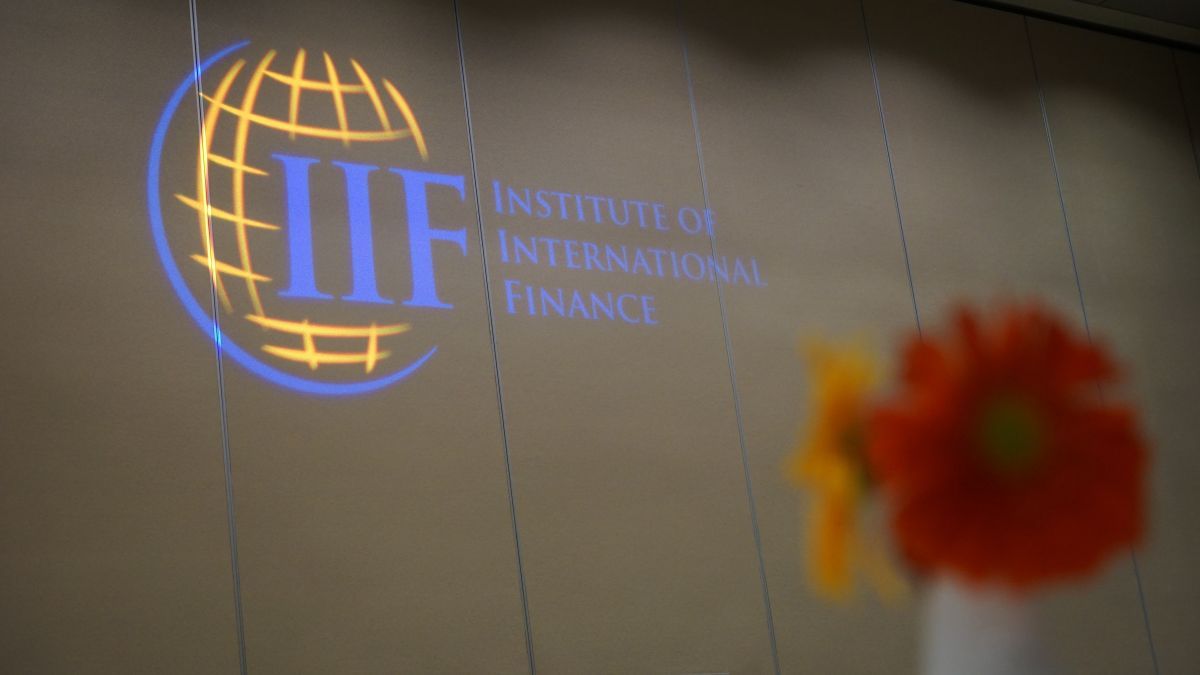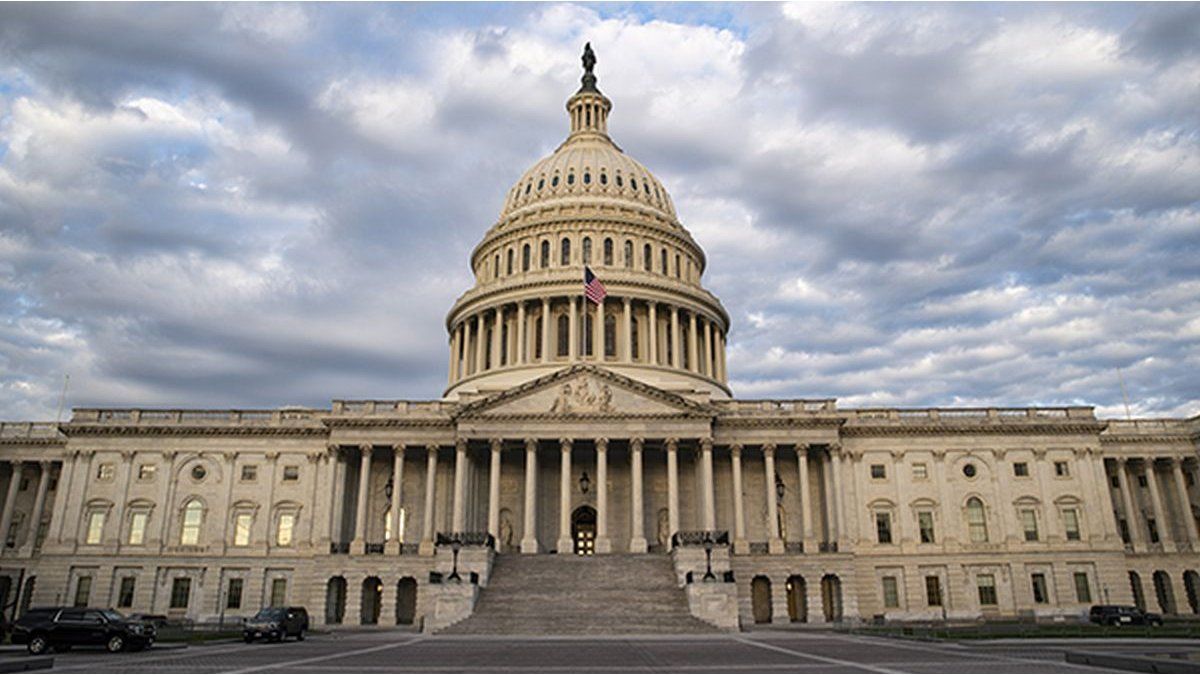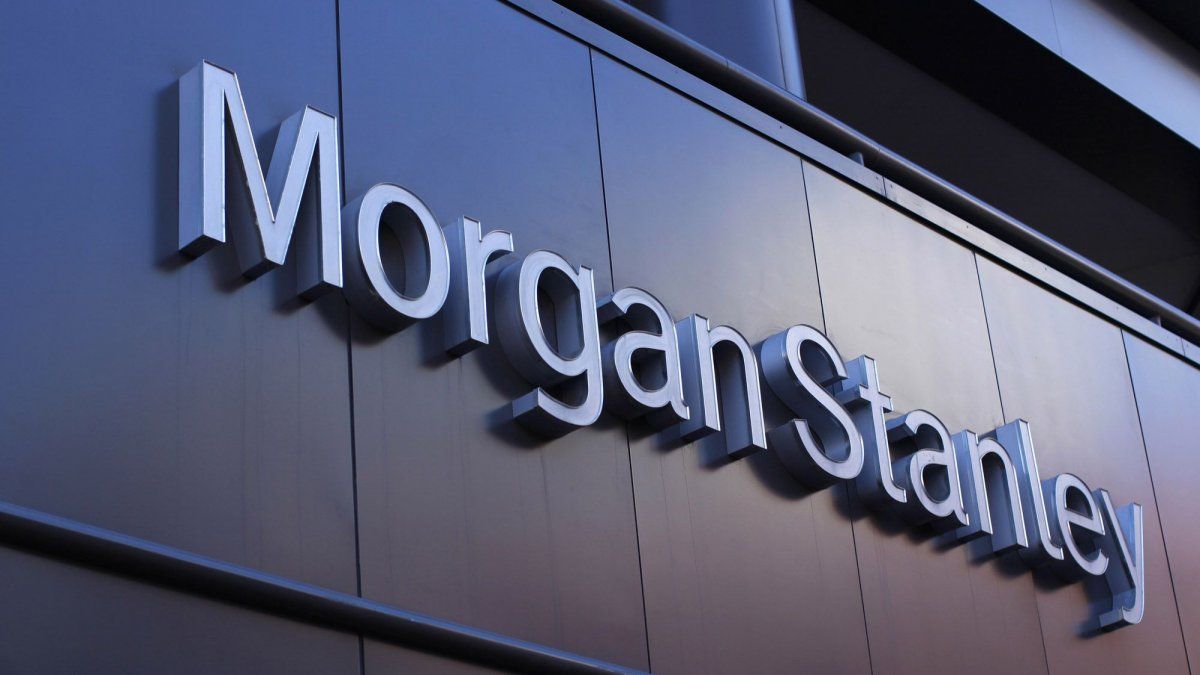He Institute of International Finance (IIF), Think Tank of International Bankingvisited the country days ago with a group of investors to have first -hand the reality of the Argentine economy and draw conclusions about the prospects of the economic program. After highlighting the Achievements in Fiscal, inflationary and exchange subjectIIF economists, Marcello Estevão and Martín Castellano, indicated in a recent report that Global investors remain cautious since external mattresses are limited, the financial system is still small and the instability history of Argentina lasts expectations.
They explain that for “Maintain progress (fiscal, inflationary and exchange) will be required to deepen reforms, ensure institutional support and mobilize private investment”. Therefore, they warn that “the next months will be decisive to show if this stabilization marks a lasting break with the past or other chapter in its cyclical history.” They say today Argentina,“It offers investors an unusual combination of promise and uncertainty.”
The most relevant to the report ”Argentina: A Credibility Play in Motion” of the IIF
• Argentina is going through one of the stabilization efforts further Bold in the recent history of emerging markets, based on fiscal discipline and the rule of law.
• The inflation It fell to 40% from more than 270% a year ago after strong cuts of real spending (approximately 30%) and the implementation of a more restrictive monetary policy. The differentials of sovereign bonds They have been reduced, which reflects the recovery of investor confidence, but risks persist.
• While exchange restrictions still apply to corporations, individuals now enjoy Total market accessseeing how controls are flexible while a unified exchange rate indicates normalization.
• The combination of policies is consistent and focusedavoiding excessive promises and prioritizing consistent execution. The differentials of sovereign bonds They have been reduced, reflecting the improvement of the credibility and the growing trust of investors, all without generating social or financial disruptions.
• He credit The private sector is increasing and banks are abandoning public titles. Transable goods (agriculture, energy, mining) charge impulse thanks to the deregulation and stability of macroeconomic conditions.
• To release all the potential of Argentina they are required Structural reforms. The reforms Tax, labor and of infrastructure They are still urgent. Institutionalizing tax gains is essential to consolidate progress.
• External mattresses remain scarce. Maintaining the progress that Argentina has achieved so far will require deepening the reforms, ensuring institutional support and mobilizing private investment, all key factors for managing risk.
• Conversations with the private sector revealed a cautious optimism. While mortgage penetration remains well below that of its regional peers, the long -term credit market is beginning to reactivate. Several bankers emphasized the need to develop a titulization market to expand housing financing and help close the housing gap in Argentina.
• The real economy It also shows signs of recoveryespecially in the tradable sectors. Sectors representatives Agricultural, Mining and Energy They highlighted the improvement of investment conditions promoted by macroeconomic stabilization, deregulation and a more predictable political environment. The elimination of bureaucratic taxes and obstacles, added to a floating exchange rate, allows companies to plan a long -term expansion. However, participants emphasized that to release all the potential of Argentina, new investments in infrastructure will be required, especially in pipelines, ports and transport.
• They also warned that Reform Agenda remains vulnerable to political uncertaintyincluding the next intermediate elections in October, although a good government performance is expected. With a limited legislative consensus and the proximity of the elections, structural changes may be delayed. Labor and tax reforms were considered essential to improve productivity and attract investment. The institutionalization of fiscal discipline through legal or constitutional mechanisms was a recurring suggestion to guarantee long -term sustainability.
• The trust of the Investors has changed to a Positive address. Many participants acknowledged having underestimated the speed and magnitude of the adjustment. Government officials transmitted a feeling of technical competence and a firm commitment to reforms. However, global investors remain cautious.
Multilateral support plays a fundamental role, but a greater accumulation of reserves and the credibility of policies are key to mitigating volatility.
• In general, Argentina has exceeded expectations in the initial phase of its economic recovery. Achieving an early fiscal consolidation, controlling inflation and simplifying the exchange regime in a matter of months is a remarkable achievement. However, maintaining this progress will require deepening the reforms, ensuring institutional support and mobilizing private investment. Today, Argentina offers investors an unusual combination of promise and uncertainty. The coming months will be decisive to show if this stabilization marks a lasting break with the past or another chapter in its cyclical history.
Source: Ambito
I am a 24-year-old writer and journalist who has been working in the news industry for the past two years. I write primarily about market news, so if you’re looking for insights into what’s going on in the stock market or economic indicators, you’ve come to the right place. I also dabble in writing articles on lifestyle trends and pop culture news.




